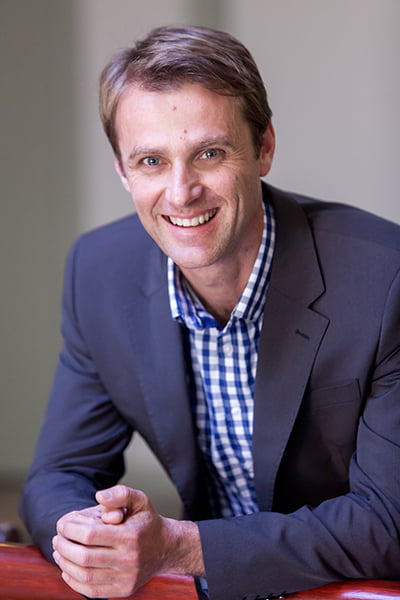No matter how compliant landfills may be with environmental legislation, the entire concept is unsustainable. This sustainability conundrum is less about dumping all of our mess into a hole and more about wastage of valuable resources that can either be reused, recycled, repaired and reintroduced into the economic value chain as the world embraces the circular economy.
Furthermore, South Africa has the added pressure of municipal landfills in the main metros filling up fast with air space predicted to run out between 2021 and 2023. While there is still capacity in certain private landfill facilities, the rules of economics apply to waste disposal as well. As space runs out, the price of disposal goes up. The Western Cape Government announced a 100% ban on organic waste to landfills by 2027. This will result in significant costs regarding the phasing out of hazardous waste from landfills over the next decade.
In South Africa, this concept is not theoretical. We have been through it with exponential annual escalations in electricity and water tariffs exacerbated by perennial energy and water supply shortages and crumbling infrastructure. This has forced businesses and consumers to invest in alternative energy generation, energy efficiency as well as water harvesting and purification options to provide greater levels of cost and supply certainty. We should expect the same to apply waste management in the coming years. It is for this reason that companies are starting to dip their toes into this complex problem.
The Waste Challenge
The big difference, however, is that sustainable alternative waste management is complex and uncertain, and therefore represents a major challenge to shift from the current status quo of dumping everything in a landfill. This challenge presents in:
- Incomplete or bad data with no insights that could inform an effective zero waste strategy across an entire company.
- The current unattractive economics relating to the recycling industry making the business case difficult to justify other than through a pure sustainability lens.
- Reliance on third-party contractors to sort, handle, move and record and dispose of the waste in a responsible way.
- The diverse nature of solid waste e.g. various types of plastic, wood, paper, metal e-waste, organic etc.
- The current shortage of alternative waste processing facilities at a scale required to shift the economy away from landfills. These would include interventions such as composting, biogas digestion, pyrolysis gasification, nutrient recycling, and waste to brick/concrete.
GCX Zero Waste Solutions
GCX Zero Waste business units help companies solve these problems.
- GCX Waste Analytics: Out of our Eco-Analytics stable, it is focused on stabilising and maintaining a solid and robust data management, analytics and reporting program. This dashboard and reporting platform provides 20/20 vision that makes performance benchmarking transparent across all assets and relevant stakeholders.
- GCX Zero Waste: Advisory service that works with clients and their data to develop and execute well-informed, strategic and company-wide Zero Waste roadmaps. This gives the client a clear sense of where they are going and how they will get there.
- Zero Waste Technologies: A subsidiary of GCX that is focused on alternative waste project development such as waste to energy (W2E) and other viable and sustainable interventions. The company currently owns and operates biogas facilities and is building a solid pipeline of W2E projects across the country. Whether it’s our own facility or a bespoke solution, we will find an alternative and sustainable solution for your waste.
GCX’s extensive experience in this space combined with deep alternative waste management and engineering skills means that you can partner with us on your net-zero waste journey with confidence.
South African companies will soon be forced to start exploring alternative, more sustainable waste processing options. It’s less costly and stressful to have a plan and be proactive than to be forced to respond to a crisis and be reactive. By partnering with GCX, you can rely on an expertly created plan that is executed effectively.
For more information on how GCX can help you manage your waste, click here or get in touch.









